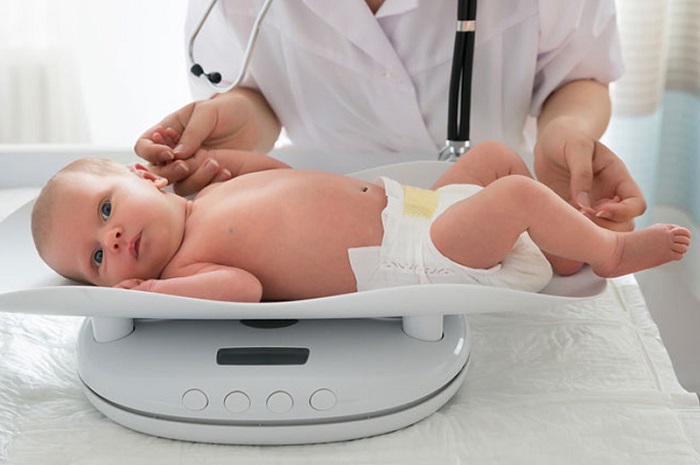8 Other supersized babies born before Angerson
Advertisement
Pedro Aluizio, who was born in Parintins in 2014 and weighed 6.74 kilograms (14 lb 8 oz) and was 1.8 ft or 57 centimeters tall, set the previous Amazonas state record. Before that, the record was held by another giant baby born in the city in 2011 who was 1.8 ft or 56 cm tall and weighed 6.12 kilograms. But the Guinness World Records say that the heaviest baby ever was a boy born to Sig. Carmelina Fedele in September 1955 in Aversa, Italy. He weighed 10.2 kilograms (22 lb 8 oz).

Img Src: india.com
7 What is fetal macrosomia?
Advertisement
Babies are said to have macrosomia if they weigh more than 8 pounds 13 ounces when they are born. This happens when the baby receives more nutrients in the womb than they need. This makes them grow faster and bigger than usual. But sometimes, it’s just in their genes for some babies to be taller or bigger than others.

Img Src: mih-pk.com
6 Who is at risk for macrosomia or being pregnant with a larger-than-usual baby?
Advertisement
Doctors aren’t always sure why some babies are bigger than others when they are born since some women give birth to babies with macrosomia, even though these women have no discernible risks. But certain factors can cause this condition:
- Being overweight or gaining too much weight during pregnancy.
- Having diabetes type 1, type 2, or diabetes during pregnancy and treating your disease properly.
- Being pregnant past 40 weeks give the baby more time to grow the longer she is in your womb.
- Having a baby that was big before since with each pregnancy, the chance of having a big baby increases.
- Being born with macrosomia yourself.

Img Src: wikimedia.org
5 Diagnosing macrosomia
Advertisement
When your baby is still in your womb, it can be hard to know exactly how much she weighs. Due to this, macrosomia isn’t really known about until after the baby is born. But sometimes, your doctor can tell if your baby is likely to be big by looking at your medical history and:
- Manually checking your abdomen with his hands.
- Measuring the height of your fundus.
- Doing ultrasounds on a regular basis.

Img Src: healthline.com